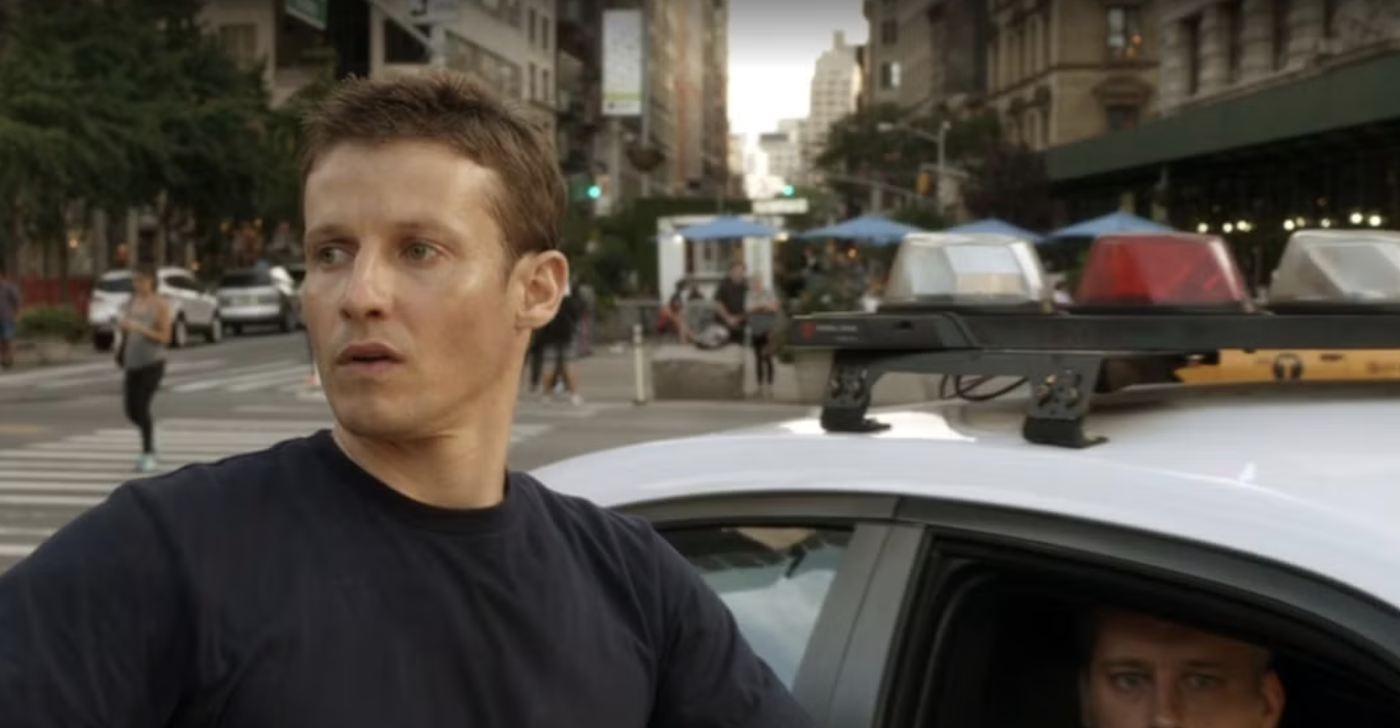
How Frank Reagan Ruined Jamie’s Blue Bloods Arc With One Controversial Storyline
Blue Bloods has long been one of CBS’s most consistent and beloved police procedurals, thanks largely to its focus on the Reagan family’s deep loyalty and traditional values. But while the show thrived on the strength of these bonds, one controversial storyline involving Frank Reagan (Tom Selleck) and his son Jamie (Will Estes) unintentionally undermined the character development that had been carefully built over eight seasons.
For years, Jamie was portrayed as the Reagan most like Frank — guided by a strong moral compass, deeply committed to doing what’s right, and respectful of the NYPD’s traditions. However, unlike his father, Jamie wasn’t interested in climbing the ranks. He entered law enforcement after the death of his brother Joe, motivated more by a personal mission for justice than ambition. His contentment with patrol work — especially his skill in de-escalating tense situations with empathy — became a core part of his identity.
Jamie Was Meant to Stay on Patrol — But Frank Had Other Plans
Throughout the first eight seasons, Jamie stood out for his emotional intelligence and grounded approach to policing. He regularly clashed with superiors who viewed his calm, people-first methods as insubordination — such as when he disobeyed orders to prevent officers from drawing their weapons too early during a mental health crisis.
Frank, however, saw things differently. By season 8, he believed Jamie was wasting his potential and strongly encouraged him to take the sergeant’s exam. What began as a professional disagreement escalated into a deeply personal rift, with Jamie even skipping the family’s iconic Sunday dinners to avoid conflict. The tension was palpable, and it marked a rare crack in the Reagan family’s seemingly unshakable foundation.
Unfortunately, the payoff was lackluster. Jamie eventually gave in, passed the exam, and became a sergeant — effectively ending his patrol arc and implying that Frank had been right all along. Instead of a nuanced resolution, Blue Bloods brushed over the emotional fallout and missed an opportunity to deepen the show’s central themes of family and identity.
Jamie’s Promotion Undermined His Growth — And Felt Out of Character
Jamie’s promotion to sergeant might have made sense from a practical perspective — especially after his romantic relationship with fellow officer Eddie Janko (Vanessa Ray) became more serious — but it was a poor fit for the character. His strengths had always lain in fieldwork, and the move into a supervisory role shifted the focus to his discipline and adherence to rules, overshadowing his compassion and people-first mindset.
The show hinted at a more compelling alternative when Eddie secretly took the sergeant’s exam herself. That plotline was quietly dropped, but it would have made more narrative sense for Eddie — who often showed interest in advancement — to take the next step while Jamie remained in patrol. Such a decision would have honored both characters’ arcs while preserving Jamie’s unique strengths.
Frank’s Pressure Should Have Had Lasting Consequences
Perhaps the biggest misstep was how quickly Blue Bloods resolved the conflict between Frank and Jamie. The disagreement had serious implications — a father pressuring his son into a career path he didn’t want, risking a core relationship. But the show glossed over the emotional depth of the issue. Jamie’s quick forgiveness felt unearned, and the family’s harmony was too easily restored.
If Blue Bloods had allowed the conflict to linger longer — showing Jamie wrestling with his new role or challenging Frank more directly — it would have reinforced the emotional weight of the storyline. Instead, the rushed resolution undercut both characters, flattening their arcs and weakening one of the show’s most promising long-term dynamics.
